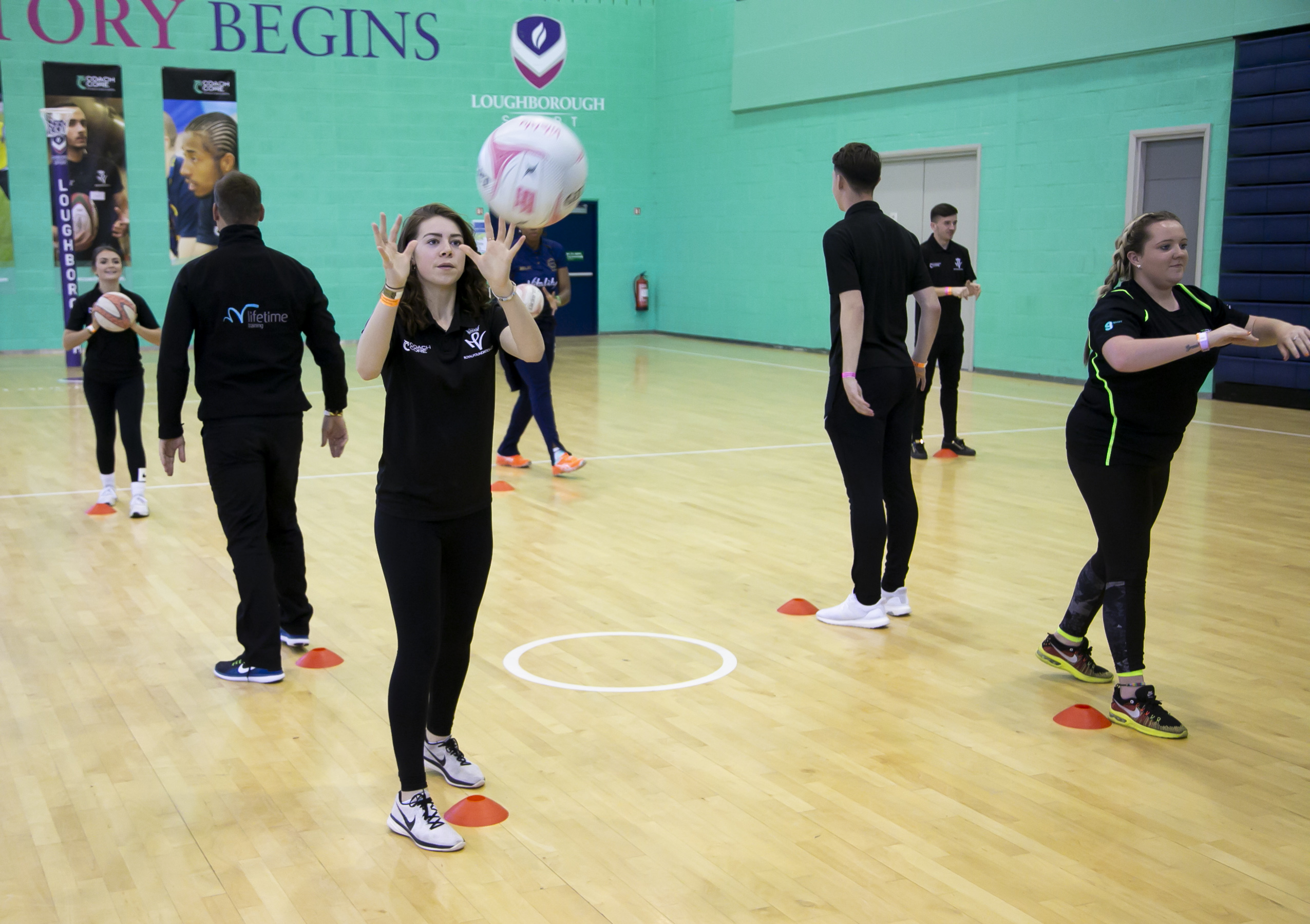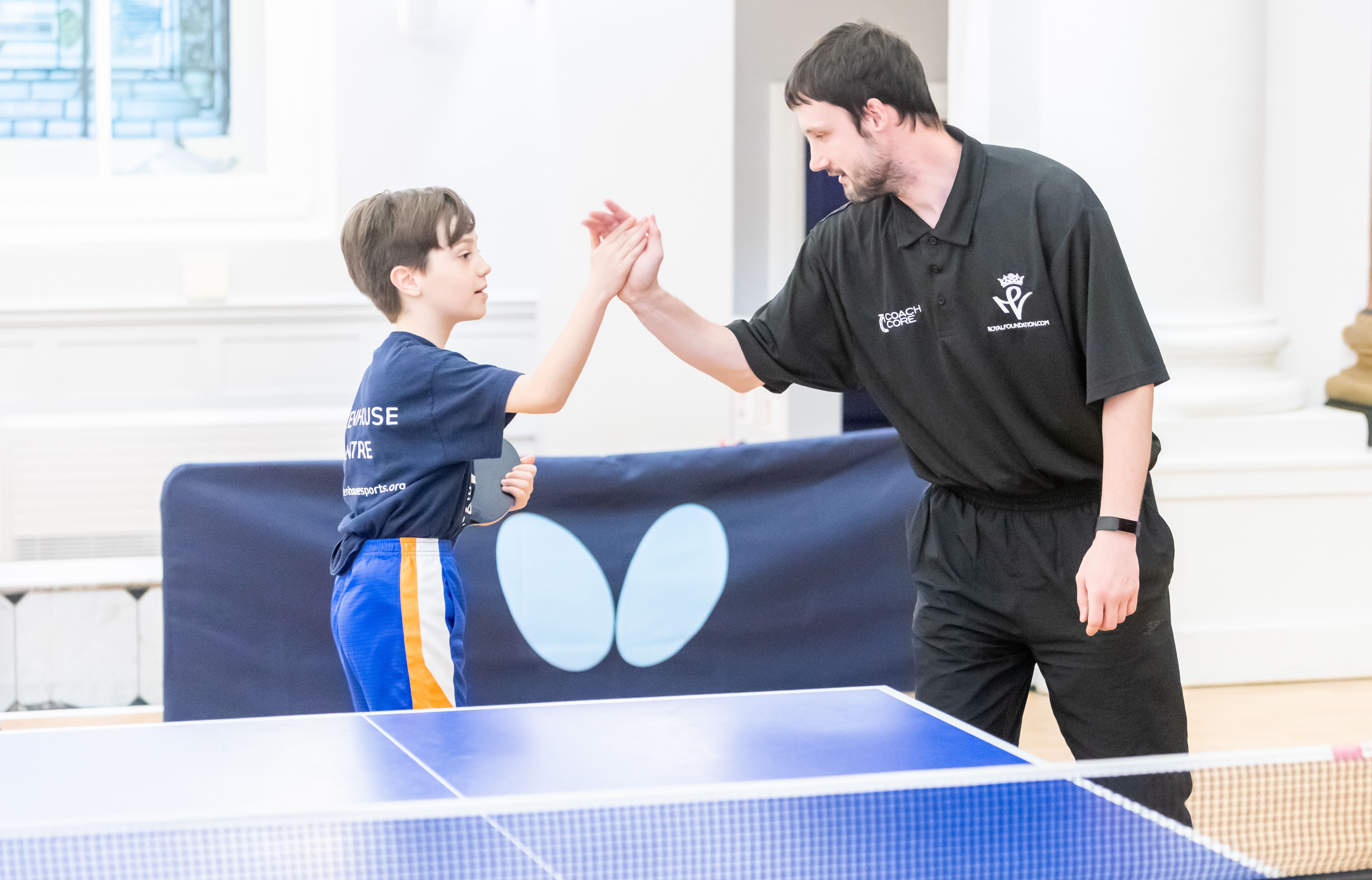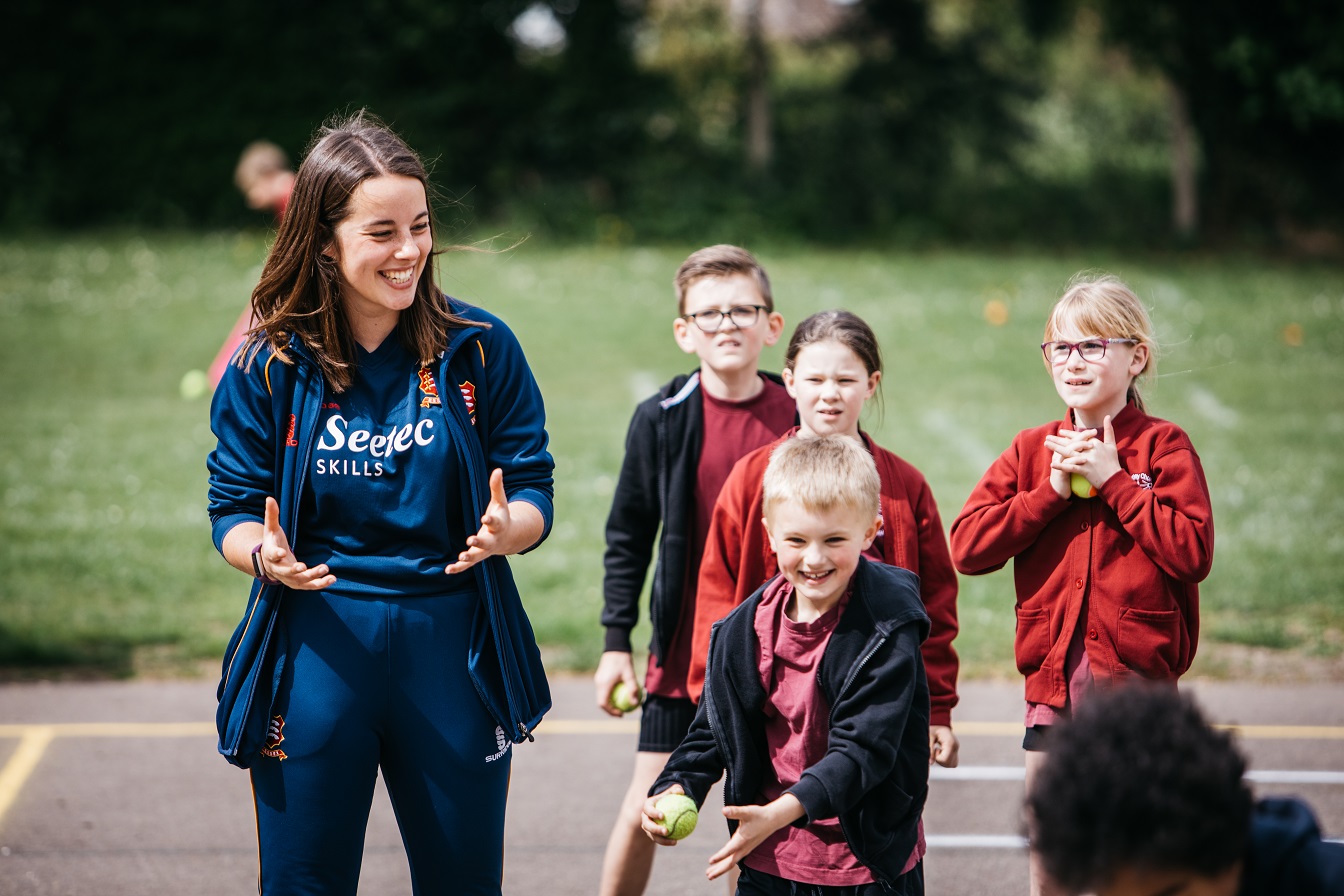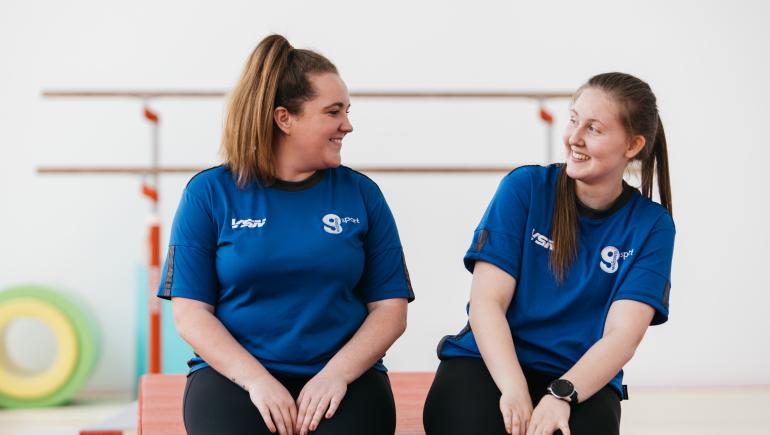 Each month ConnectSport works with the Sport for Development Coalition to create a 'call for articles'. Throughout July 2019 we are asking ‘Do the coaches you hire help to meet the needs of your community?’ and below we hear from Amy Fazackerley, Project Officer for Coach Core. To submit your article, contact [email protected], and join us on Monday, August 5 (8-9pm) when Coach Core are the special guests for our next Twitter takeover.
Each month ConnectSport works with the Sport for Development Coalition to create a 'call for articles'. Throughout July 2019 we are asking ‘Do the coaches you hire help to meet the needs of your community?’ and below we hear from Amy Fazackerley, Project Officer for Coach Core. To submit your article, contact [email protected], and join us on Monday, August 5 (8-9pm) when Coach Core are the special guests for our next Twitter takeover.
Within the sector, we know that ‘coaches are pivotal figures within their communities and are crucial to delivering an active nation’ (UK Coaching). We also know that coaching ‘has the potential to engage with groups that are typically underrepresented in… sport and physical activity’. However, evidence suggests that huge inequalities remain in terms of access to these activities. It also tells us that people from lower-socio economic groups remain significantly less likely to be active and individuals from many Black, Asian and Minority Ethnic (BAME) communities are still the most likely to be physically inactive. With obesity and inactivity a national concern, how can we ensure we are reaching out to the communities most in need?
Evidence suggests that participants are most likely to select a coach based on their experience (72%), personal and people skills (70%) and qualifications/training (65%). However, there are still significant gaps in the demographics, backgrounds and experiences of active coaches. Over half in the UK do not have any formal coaching qualifications – with eight per cent of inactive coaches citing this as the sole reason for them no longer engaging. Only 22% of active coaches are from a Black or Minority Ethnic background, whilst only 35% are from a lower social grade. In addition, over 10million coaches in the UK are now inactive - meaning they have engaged in no coaching activity in the past 12 months.

There remain huge challenges in retaining, supporting and developing coaches within the sports sector. Data from the UK Coaching Coach Survey highlights that one million coaches are entering and leaving the workforce each year. One of the biggest challenges facing the sector is the lack of regular coaching delivery hours; organisations trying to build consistent, high-quality provision are spending significant time, effort and finances on the ongoing recruitment of coaches - often for them to move into other opportunities with more consistent, regular hours. For individuals, those looking to enhance their knowledge and continue their development are often faced with expensive coaching qualifications with limited opportunities for regular, paid employment once qualified. Yet apprenticeships within the sector still have some way to go to prove their worth.
Coach Core is a 12 to 15-month employment and development programme for young people aged 16 to 24, currently operating in 10 sites across the UK. Through the programme, we are training hundreds of young apprentices across the UK, connecting them with the biggest sports clubs in the country, providing unrivalled tuition, paying them a wage, and setting them up for an exciting future. We work specifically in some of the most challenging communities, engaging young people who may not otherwise be given the opportunity and those who are often facing adversity. As a result, our young people become relatable and inspiring role models for other young people in their community and help to shape the next generation of future coaches, increasing the diversity of the coaching workforce as a result.

We are driven by three core values, which remain at the heart of everything that we do. These are:
Develop young people: We want to train our young people to give them the best education and experiences that will allow them to progress in life, but we also want them to develop personally, as well as professionally. We help them to understand that planning, resilience and self-motivation are the key to their success. We do this by providing a number of training workshops, experiences in many sporting industry areas, not just coaching, as well as having key personnel attached to the programme to help support and develop them throughout
Improve coaching experiences: We want to improve sports coaching provision across the UK. For too long the focus has been on technical skills or generic coaching principles that are difficult to apply, particularly in tough social settings. Coach Core develops a group of future coaches that focus on child development, inclusion and positive environments so that the next generation of young people have a positive experience in sport and physical education regardless of their background, ability or social and physical situations
Link businesses to show what is possible: We wanted to rip up the form book and show education and development doesn’t just have to come from a central college, or one or two organisations. By multiple businesses, professional sports clubs and key sporting organisations linking up to provide employment places via a consortium model this, in turn, creates numerous opportunities for unique experiences and shared learning, not just for the 20 young people in each city or region but also across the employers themselves. The young people are exposed to more training events and opportunities than ever before across the network and the employers are able to share costs, best practice and working staff to help benefit the programme and at times, their own over-arching operations too.

Crucially, we know that our apprentices have huge reach in their local communities. In 2018, Coach Core apprentices delivered over 33,000 coaching sessions, with over 690,000 coaching interactions in that time. Each Coach Core apprentice delivered over 600 hours of assistant coaching or lead delivery - providing a reliable, consistent resource for employers and enabling them to build their skills, knowledge and experience to secure sustainable employment moving forward.
We know that the programme is reaching the individuals we aspire to engage with. One in four of our apprentices are female; one in six have a disability or long-term health condition and one in three live in an area of deprivation. In addition, one in four require functional skills as a result of not achieving their GCSE England and Maths qualifications.
By supporting these young people, we know that the programme is providing valuable employment opportunities to those most in need, whilst also making huge strides in helping to diversify the coaching workforce.
References
UK Coaching ‘Coaching in the UK’ Survey 2017
Sport England ‘Active Lives’ Survey 2017/18
To find out more, visit the Coach Core page on the ConnectSport directory. To add your organisation to the directory, contact [email protected].









